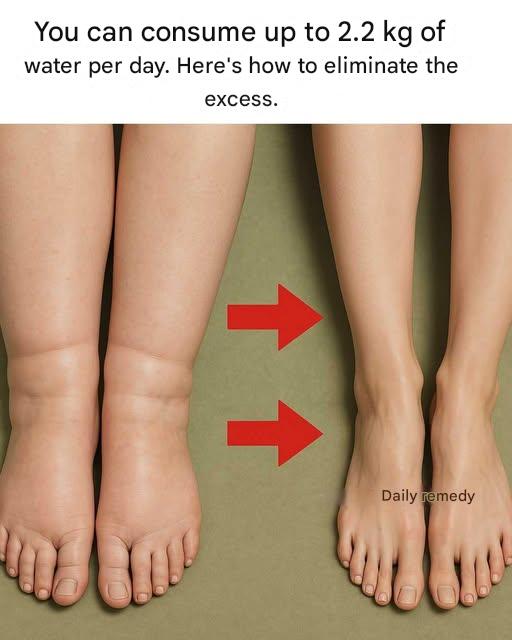ADVERTISEMENT
ADVERTISEMENT

ADVERTISEMENT
Exercise stimulates blood circulation and lymphatic drainage, which can reduce water retention. Aim for at least 30 minutes of moderate exercise most days of the week. Walking, cycling, and swimming are excellent choices.
Tip 5: Try a low-carb diet
Carbohydrates are stored in the muscles and liver as glycogen, which binds to water. Reducing carbohydrate intake can lead to a decrease in glycogen stores and, consequently, in water mass. However, it is important to maintain a balanced diet and not eliminate carbohydrates completely.
Tip 6: Use natural diuretics
Certain foods and drinks act as natural diuretics, helping to eliminate excess water from the body. These include dandelion tea, green tea, and foods like cucumbers and asparagus. Incorporating these into your diet can help reduce water retention. Tip 7: Optimize Your Sleep Schedule
Adequate sleep is essential for maintaining hormonal balance, which can influence water retention. Aim for 7 to 9 hours of quality sleep per night to support your overall health and fluid balance.
Tip 8: Effectively Manage Your Stress Levels
Chronic stress can lead to increased levels of cortisol, a hormone that can increase water retention. Practicing stress-reduction techniques like yoga, meditation, and deep breathing can help manage stress and reduce water weight.
Tip 9: Monitor Your Hormonal Balance
Hormonal imbalances, particularly those related to estrogen and progesterone, can lead to water retention. If you suspect hormonal issues, consult a healthcare professional to explore possible treatments or lifestyle changes. Tip #10: Consider Seeking Professional Help
If water retention persists despite lifestyle changes, it may be helpful to consult a healthcare professional. A healthcare professional can help you identify underlying health issues and recommend appropriate treatments or interventions.
Bottom Line: Maintaining a Healthy Balance
Managing water weight involves a combination of dietary and lifestyle changes that promote a healthy water balance. By understanding the causes and implementing these strategies, you can reduce water retention and improve your overall well-being. Remember, if you are concerned about persistent water weight, it is important to consult a healthcare professional to rule out any underlying health issues.
ADVERTISEMENT
ADVERTISEMENT